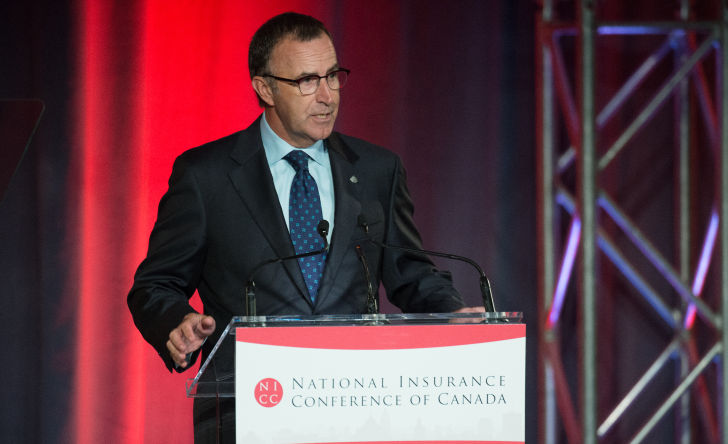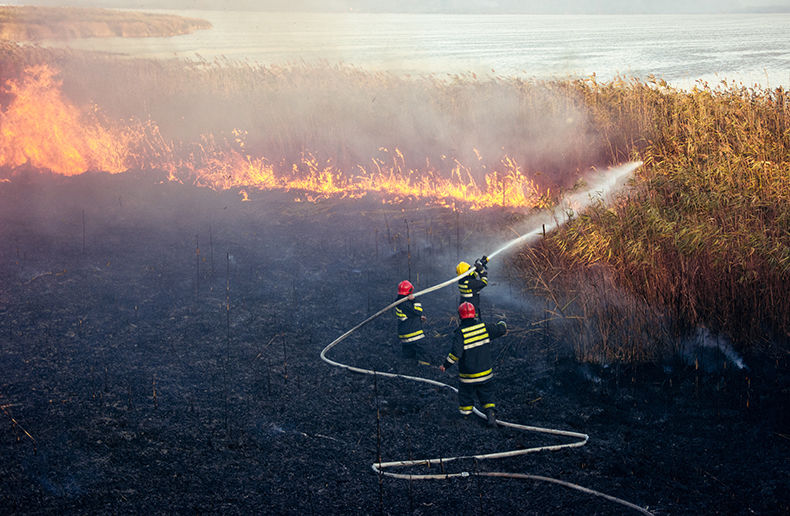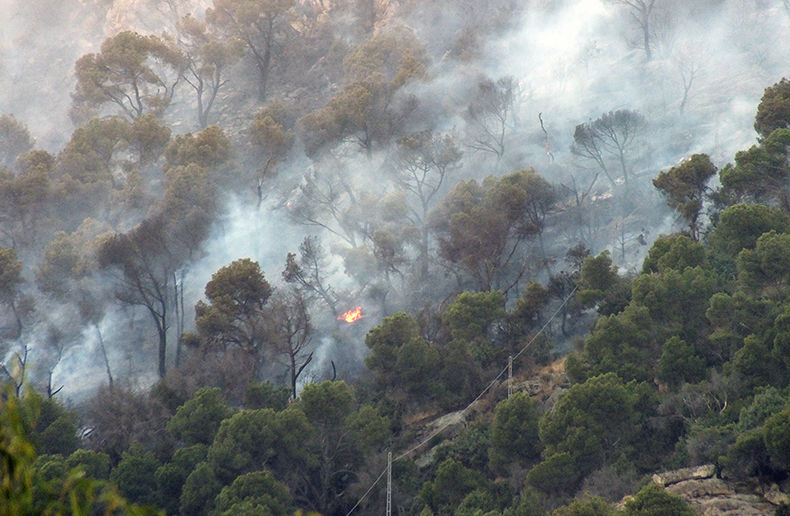Don Forgeron, President and CEO of the Insurance Bureau of Canada (IBC), warns the insurance industry that it will be facing five “urgent problems” by late 2020. He described them at the National Insurance Conference of Canada (NICC), held in Montreal on September 23 and 24. He laid out realistic ideal scenarios to meet these major challenges that centre on climate, digital insurance and automobiles.
Automobile insurance
The Canadian auto insurance system is being challenged on several fronts. British Columbia has the most expensive auto insurance premiums, Ontario the highest claim costs, and Alberta is stunted by a lack of competition, Forgeron explains.
To solve the problem in British Columbia, the IBC would like to see the end of the Insurance Corporation of British Columbia’s monopoly (ICBC), which it finds quite flawed. In Ontario, Alberta and the Atlantic provinces, the IBC would like to see “real and meaningful reforms to stabilize claim costs in the short term and reduce them over the long term.”
The IBC is urging the various governments in Canada to give insurers more manoeuvring room by late 2020. All the same, Don Forgeron is particularly optimistic about Alberta and Ontario, where the government has promised a reform, and he calls the conversations in Nova Scotia and New Brunswick encouraging. As for British Columbia, he suspects that “the government will let its recent reforms play out before making any decisions about the future of the ICBC monopoly.”
Fraud
Fraud poses a major challenge for the industry “We are all paying for it,” Forgeron says, stressing the vast impact of auto insurance fraud. “If you drive and have personal auto insurance, you’re one of the victims,” he says. As part of its ongoing fight against fraud, the IBC opened the Serious Fraud Office in Ontario. In addition, the province recently launched its new regulator, the Financial Services Regulatory Authority (FSRA), which has a focus on combatting fraud.
Forgeron proposes a three-pronged solution to this problem: “Greater buy-in from law enforcement to pursue the perpetrators of insurance fraud. More meaningful penalties against those who commit it and greater freedom for insurers to share data in an effort to both prevent and uncover fraudulent activity.”
Although he is well aware of the sensitivity of the last point, due to the need to protect Canadians’ privacy, Forgeron expects to see “real progress” in data sharing, particularly in Ontario.
Autonomous vehicles
Automobiles are central to the third challenge the industry must face in the coming months. The “nature of driving” is changing the “nature of risk,” Don Forgeron says. Before entering the “era of autonomous vehicles,” the insurance industry will be spending about 20 years in a “strange middle ground,” as quasi-self-driving vehicles share the road with traditional cars and trucks, Forgeron explains. With ever-changing questions of liability and responsibility, “the transition will be messy, he adds.
“In a perfect world, we’d see governments get to work on examining the implications of the coming changes – and beginning to update insurance laws to ensure quick and fair compensation in the aftermath of collisions involving automated vehicles,” Don Forgeron explains. As a first step, the Canadian Council of Insurance Regulators (CCIR) will hold a consultation on autonomous in 2020.
Forgeron predicts that in general, “governments will be slow to act.” The exception is Nova Scotia, which has already passed legislation that will ultimately lead to new regulations to govern automated vehicles.
The challenge of regulation
Regulation is the fourth challenge raised by Forgeron. It affects digital insurance in particular. Although digital proof of auto insurance is now accepted in several provinces, the insurance industry is lagging behind other industries in terms of digital technology. “We must seem like dinosaurs,” he says.
Ideally, “governments and regulators across the country would collectively come to their senses, and give insurers greater freedom to communicate with their customers,” he adds. Does he think this will happen in the next 16 months? “Maybe in Ontario, or in Alberta, or both,” he predicts.
Natural catastrophes
In response to climate change and the growing number of natural catastrophes, the insurance industry must embark on the “challenge of adaptation.” In June, the IBC presented solutions to protect Canadians from floods. “We have made clear to government our view that Canada needs a national action plan on flooding” which he says should include, better flood mapping, more consumer education, more sensible land-use planning and a plan to improve financial outcomes for Canadians at high risk of flooding.
Although Forgeron describes the challenge as “a big transformation – one that may take a generation or more to fully achieve,” he adds that in the short term, the dialogue will continue and that a plan that makes a tangible difference will eventually be put in place at the national level.




















